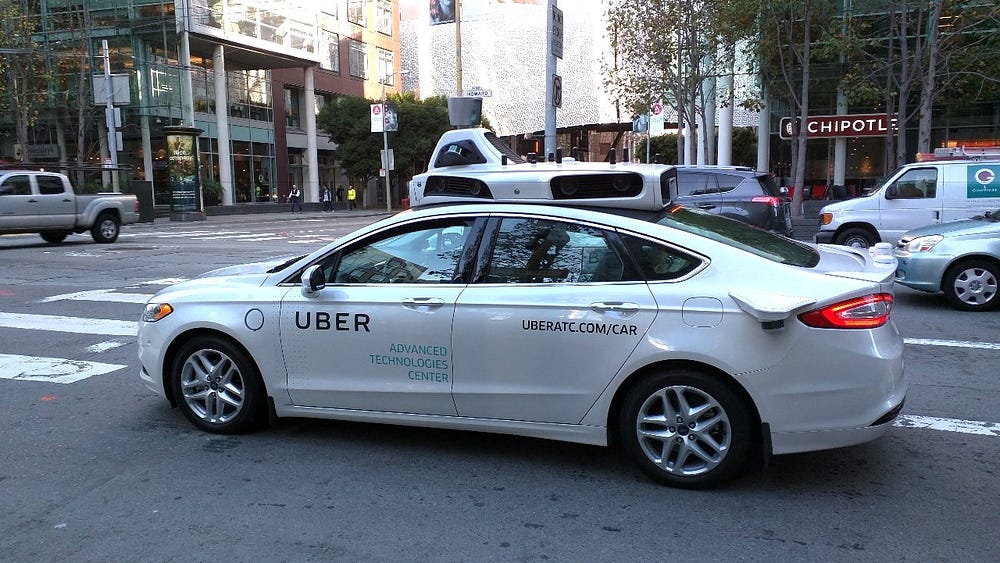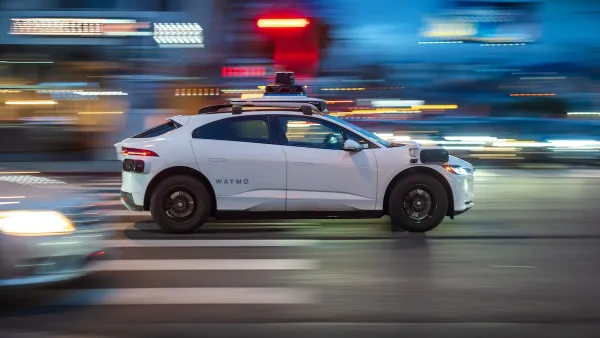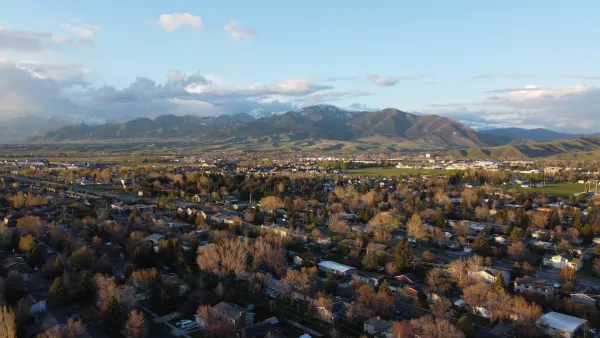The companies developing autonomous cars are not interested in getting people to walk more or use public transport, but to offer on-demand private transport for the masses, in many cases moving people back to cars.
During a recent conference about streetcars and public transport, former NYC Traffic Commissioner Samuel Schwartz, a.k.a. Gridlock Sam, author of “Street Smart: The Rise of Cities and the Fall of Cars”, said that the arrival of autonomous cars will increase the Vehicle Miles Traveled (VMT), reverse the millennial trend eschewing driving, decimate public transport, and increase the occurrence of inactivity related illnesses.
In the past few years, many cities have questioned the pattern of dedicating more space to mobility, recognizing that resident’s quality of life is at stake when congestion and pollution are a daily challenge. Improving public transport, especially with sustainable systems such as trams, subways, and electric buses, helps reduce the need to use private vehicles. Improving sidewalks and cycling infrastructure, encouraging people to walk or cycle to work, are also good practices of sustainable transportation and improve residents’ health and satisfaction.

The advent of autonomous cars, however, could signal a 180-degree change in direction away from those sustainable goals. The companies developing autonomous cars are not interested in getting people to walk more or use public transport, but to offer on-demand private transport for the masses, in many cases moving people back to cars.
FULL STORY: Autonomous Cars Will Turn Back the Clock on Sustainable Cities

Planetizen Federal Action Tracker
A weekly monitor of how Trump’s orders and actions are impacting planners and planning in America.

San Francisco's School District Spent $105M To Build Affordable Housing for Teachers — And That's Just the Beginning
SFUSD joins a growing list of school districts using their land holdings to address housing affordability challenges faced by their own employees.

The Tiny, Adorable $7,000 Car Turning Japan Onto EVs
The single seat Mibot charges from a regular plug as quickly as an iPad, and is about half the price of an average EV.

Seattle's Plan for Adopting Driverless Cars
Equity, safety, accessibility and affordability are front of mind as the city prepares for robotaxis and other autonomous vehicles.

As Trump Phases Out FEMA, Is It Time to Flee the Floodplains?
With less federal funding available for disaster relief efforts, the need to relocate at-risk communities is more urgent than ever.

With Protected Lanes, 460% More People Commute by Bike
For those needing more ammo, more data proving what we already knew is here.
Urban Design for Planners 1: Software Tools
This six-course series explores essential urban design concepts using open source software and equips planners with the tools they need to participate fully in the urban design process.
Planning for Universal Design
Learn the tools for implementing Universal Design in planning regulations.
Smith Gee Studio
City of Charlotte
City of Camden Redevelopment Agency
City of Astoria
Transportation Research & Education Center (TREC) at Portland State University
US High Speed Rail Association
City of Camden Redevelopment Agency
Municipality of Princeton (NJ)





























